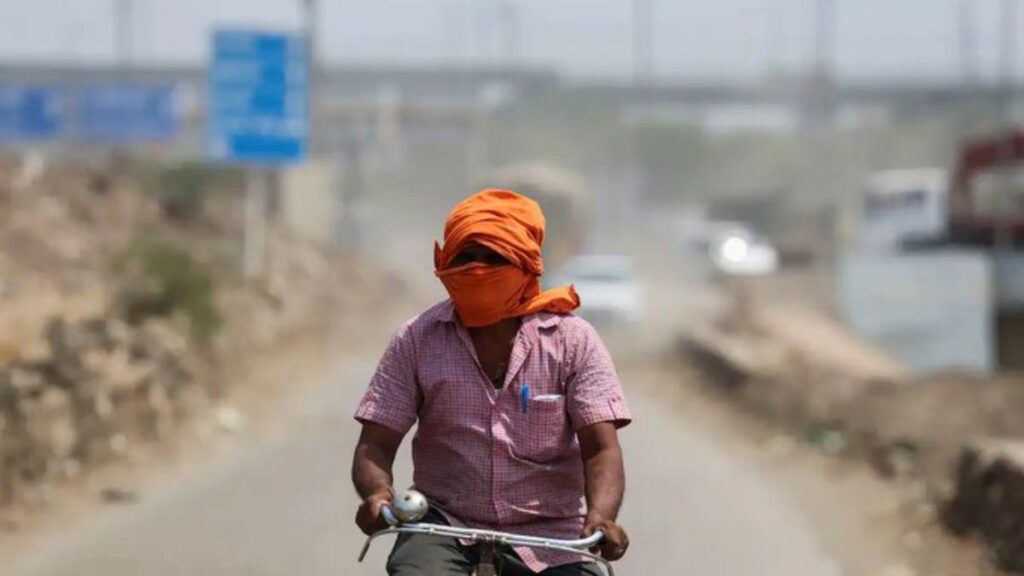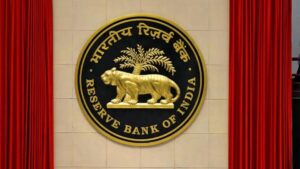Center Urges States to be Prepared for Heatwaves as India Braces for Scorching Summer

With temperatures predicted to soar above normal this summer, the Union Health Secretary has called on states and Union Territories to ramp up heatwave preparedness measures. In a letter addressed to state governments, Punya Salila Srivastava emphasized the need for health facilities to stock up on essential supplies and ensure proper infrastructure to combat heat-related illnesses.
Rising Temperatures Demand Swift Action
According to the India Meteorological Department (IMD), most parts of the country—particularly northern and central India—are likely to experience higher-than-usual maximum temperatures from March to May. In response, the Health Ministry has directed states to activate their heat-health action plans and strengthen surveillance systems.
Starting March 1, 2025, hospitals will be required to report heatstroke cases daily through the Integrated Health Information Platform (IHIP). Additionally, the National Centre for Disease Control (NCDC) will share IMD’s heatwave forecasts with states to help them prepare in advance.
Key Measures to Tackle Heatwave Impact
To minimize health risks, the advisory issued by NCDC includes:
- Stocking essential supplies like IV fluids, ORS, ice packs, and medicines.
- Ensuring uninterrupted power supply for cooling appliances in hospitals.
- Installing solar panels and energy-efficient cooling solutions such as green roofs and window shades.
- Maintaining adequate drinking water at all health facilities.
- Exploring rainwater harvesting to ensure water self-sufficiency.
States have also been asked to form task forces to oversee the implementation of these measures and coordinate with other agencies for an effective response.
Early Warnings and Public Awareness
The NCDC has stressed the importance of timely dissemination of heatwave alerts to hospitals and local health departments. “These forecasts will help health facilities prepare in advance and reduce heat-related fatalities,” Srivastava said.
With summers becoming increasingly harsh, the government’s proactive approach aims to safeguard vulnerable populations and prevent heat-induced health crises.






